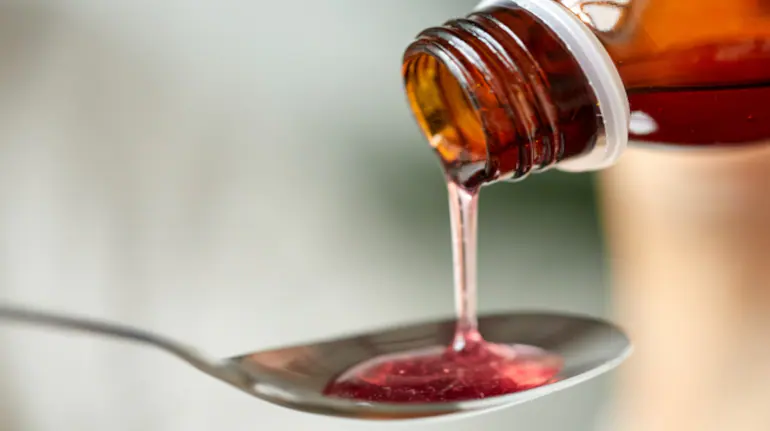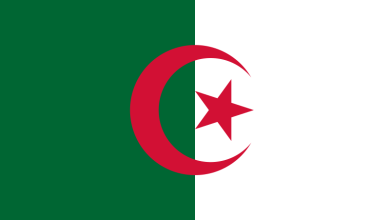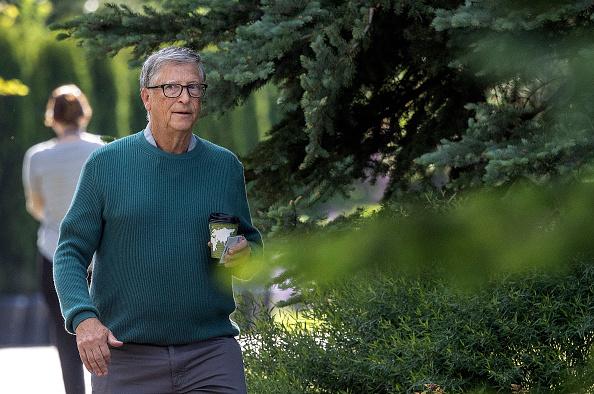India bans anti-cold drug combination for kids aged under four

In the aftermath of the deaths of at least 141 children worldwide due to cough syrups, India’s medicines regulator has prohibited the use of an anti-cold medication combination in children under the age of four and required that products be labeled accordingly.
Concerns expressed regarding the advertising of an unapproved anti-cold medicine formulation in newborns spurred a debate and a suggestion not to use the combination in that age range, according to the regulator.
The order comes as India draws lessons from a spate of child deaths since 2019 that authorities linked to toxic cough syrups made in the country, including at least 141 deaths in Gambia, Uzbekistan and Cameroon since the middle of last year.
Within India, authorities said at least 12 children died and four others were left with severe disabilities in 2019 after consuming domestically-made cough syrups.
The deaths have cast a shadow over the quality of exports from India, often dubbed the “world’s pharmacy” due to its supply of life-saving drugs at low prices.
The order by the regulator on the fixed-drug combination (FDC), issued on Dec. 18 and made public on Wednesday, requires drugmakers to label their products with the warning that the “FDC should not be used in children below 4 years of age”.
The fixed drug combination comprises chlorpheniramine maleate and phenylephrine – medication that is often used in syrups or tablets to treat common cold symptoms.
The World Health Organization does not recommend the use of over-the-counter cough syrups or medicines for the treatment of coughs and cold symptoms in children younger than five years of age.
India has introduced mandatory testing for cough syrup exports since June and stepped up scrutiny of drugmakers. Drugmakers whose cough syrups were linked to child deaths have denied any wrongdoing.





